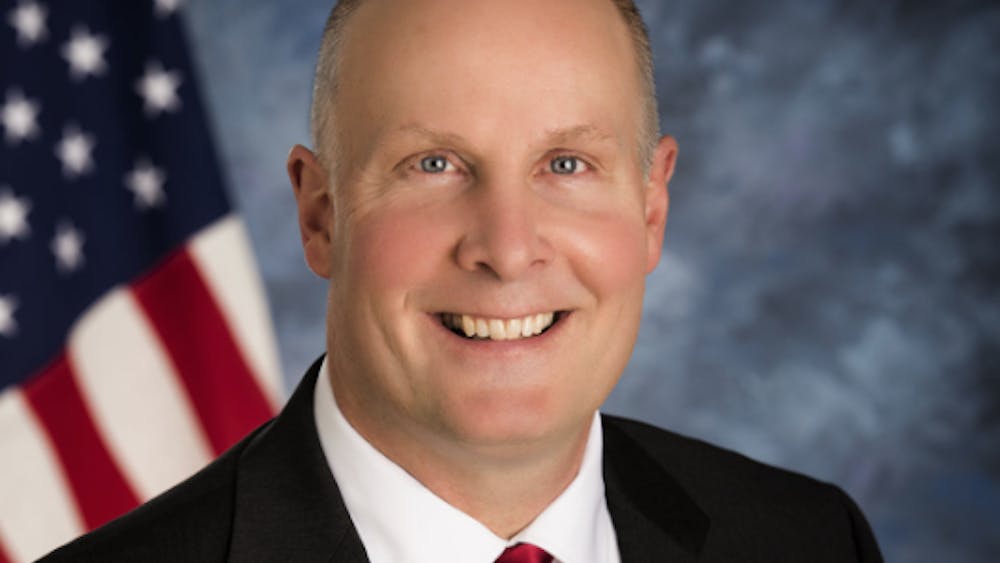LETTER: No benefits for right to work legislation
The study by professors Chakraborty and Nash claims to show the benefits of so-called ‘right to work’ (RTW) legislation. There is, in fact, no proof that these laws have any economic benefits for states.
Supporters of RTW argue that states attract investment if they offer a low-paid, non-union workforce. However, RTW states account for seven of the ten poorest states and five of the ten with highest unemployment. Lower wages mean less money being spent at local businesses and less tax revenue to pay for local schools and services.
‘Right to work’ is not just bad for the economy, it is bad for workers. Employees in RTW states have lower salaries, worse workers’ compensation, are less likely to have health insurance and experience more accidents at work. No wonder RTW’s opponents have dubbed it ‘the right to work for less’.
Chakraborty and Nash’s study compares Michigan – one state with a terrible economy – to all 23 RTW states. This is meaningless; it is like saying a giraffe is taller than the average house, therefore animals are taller than houses.
Dr. Chakraborty claims that “Right-to-work laws simply mean that you don’t need to be a member of a union in order to get a job. If a company has an existing union for its employees, RTW laws would protect that worker’s right to not join the union.” Wrong – these rights already exist. The National Labor Relations Act makes it illegal to discriminate against employees on the basis of union membership or non-membership. Nor does Michigan law force workers to join a union; non-union members in a unionized workplace MAY pay an ‘agency fee’, which is less than the level of union dues (and only when the employer agrees to such a fee and the contract is ratified by a democratic vote). RTW means unions lose that income but are still legally obliged to represent non-members who contribute nothing to the union.
We need to get the facts straight, because Michigan is in the middle of a nationwide assault on labor rights by anti-union politicians and their corporate backers. Proposal 2, on the ballot this November, would amend the Michigan constitution to guarantee the right to collective bargaining for Michigan working people and our families. There has already been plenty of misinformation put about by the proposal’s opponents; it would be a shame if CMU added to it.
Signed,
Karen Bellingar (President, UAW Local 6888 Office Professionals, CMU)
Tena Best (President, Supervisory Technical Association, CMU)
Michelle Campbell (President, Graduate Student Union, CMU)
Michael Evans (former Executive Board member, Union of Teaching Faculty, CMU)
Tobin Hope (President, AFSCME Local 1568, CMU)
Sue Chrouch Murphy (Vice President, Union of Teaching Faculty, CMU)
Kenlea Pebbles (Union of Teaching Faculty, CMU)



